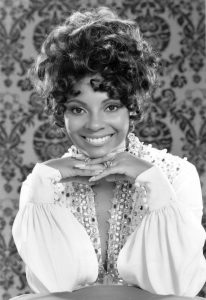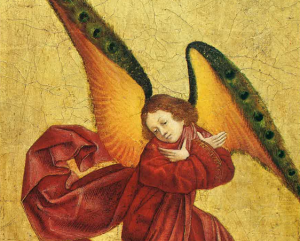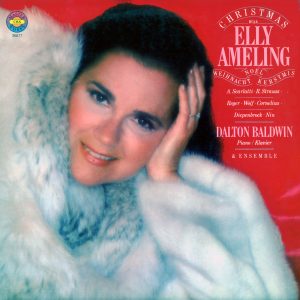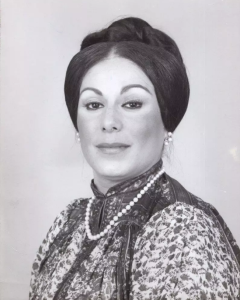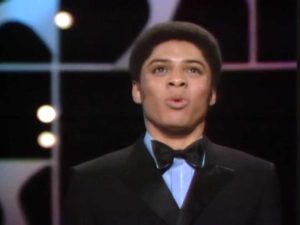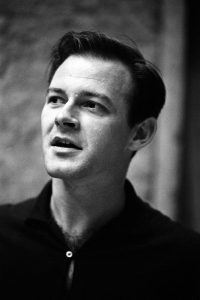Podcast: Play in new window | Download (Duration: 1:41:40 — 111.8MB) | Embed
Subscribe: Spotify | TuneIn | RSS | More
I can think of no more appropriate way to end this difficult year than with another episode lauding my late friend, the sublime American lyric tenor Jerry Hadley. I am of the firm belief that Jerry was one of the finest singers this country has ever produced. Everyone has their favorite among his performances, which display an eclecticism rare among opera singers, but I believe that his artistry found its fullest and truest expression in his performances of Viennese operetta. His bright, sunny vocal timbre, his capacity for vocal shading and dynamics, his sense of both humor and pathos, his ringing high notes, as well as of precision and acuity of his German diction make him an ideal interpreter of this music. The majority of the music heard on this episode comes from two albums of operetta arias that Jerry recorded in 1995 under the baton of Richard Bonynge. This is supplemented by two duets with Australian soprano Deborah Riedel from a series of English-language versions of Lehár operettas also conducted by Bonynge, as well as various live performances of Jerry in the music of Johann Strauss II and Erich Korngold. While Lehár is the most prominently featured composer, we also heard excerpts from work by Emmerich Kálmán, Carl Millöcker, Ralph Benatzky, Leo Fall, and that king of operetta tenors himself, Richard Tauber, who was also quite a capable composer. The episode concludes with reminiscences of my close friendship with Jerry, crowned by a magisterial live performance of “Dein ist mein ganzes Herz.”
Countermelody is a podcast devoted to the glory and the power of the human voice raised in song. Singer and vocal aficionado Daniel Gundlach explores great singers of the past and present focusing in particular on those who are less well-remembered today than they should be. Daniel’s lifetime in music as a professional countertenor, pianist, vocal coach, voice teacher, and journalist yields an exciting array of anecdotes, impressions, and “inside stories.” At Countermelody’s core is the celebration of great singers of all stripes, their instruments, and the connection they make to the words they sing. By clicking on the following link (https://linktr.ee/CountermelodyPodcast) you can find the dedicated Countermelody website which contains additional content including artist photos and episode setlists. The link will also take you to Countermelody’s Patreon page, where you can pledge your monthly or yearly support at whatever level you can afford.

